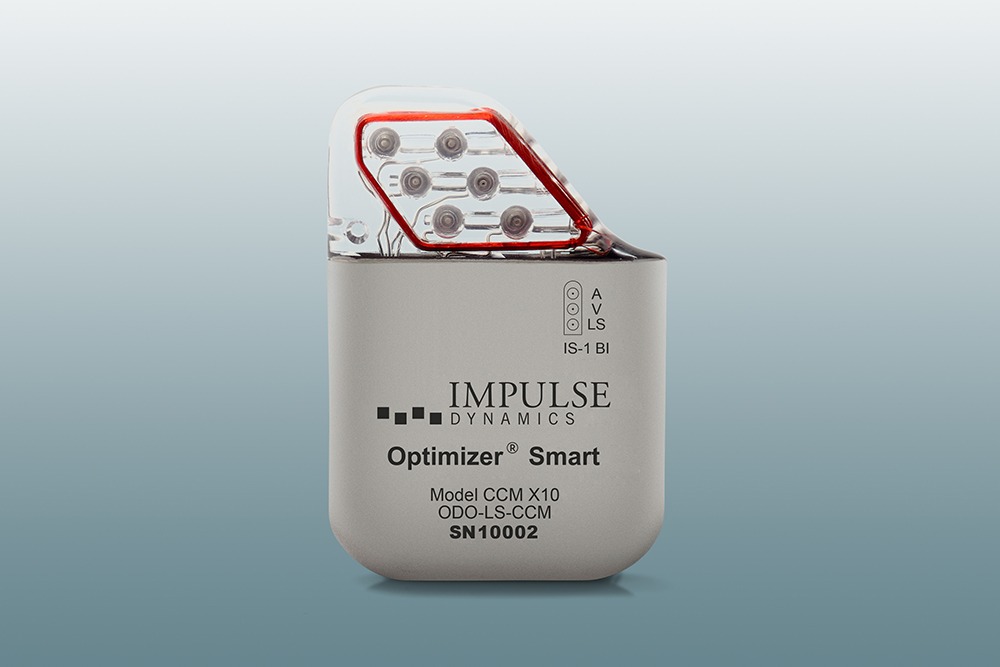
Cardiac contractility modulation (CCM) in heart failure is safe, the results from the FIX-HF-5C randomised controlled trial demonstrate, with all primary and secondary safety endpoints met.
The results were presented by William Abraham (Internal Medicine, Division of Cardiovascular Medicine, The Ohio State University Wexner Medical Center, USA) at a late-breaking session at Heart Rhythm 2018, the Heart Rhythm Society’s 39th Annual Scientific Sessions (9 May–12 May, Boston, USA), with a simultaneous publication in the JACC: Heart Failure Journal.
CCM is a therapy unique to the Optimizer family of devices that deliver electrical signals to the heart that are intended to reduce symptoms and improve exercise tolerance in patients with heart failure. The FIX-HF-5C study was designed to prospectively confirm a subgroup analysis of the prior FIX-HF-5 pivotal trial, showing that CCM significantly improved exercise tolerance and quality of life in patients with NYHA class III and IV heart failure symptoms, ejection fraction 25–45%, and a QRS <130ms. A Bayesian statistical analysis plan was developed to combine the data already available from the original FIX-HF-5 study with the FIX-HF-5C study data. The results confirm the results from the prior study, meeting the safety and effectiveness objectives of the study.
One of the study highlights was that patients receiving CCM showed significantly better exercise tolerance and quality of life compared to their control-group counterparts.
Additionally, the composite of cardiovascular deaths and heart failure hospitalisations was statistically significantly reduced in comparison to the control group. Clinical effectiveness of CCM was even greater in patients with EF >35%.
“The results of the FIX-HF-5C study exceeded my expectations by not only confirming the benefits of CCM on important patient-centered endpoints such as exercise capacity and quality of life, but also in demonstrating the potential for CCM to reduce heart failure morbidity and mortality” says Abraham. “These findings support the use of CCM as a breakthrough therapy for heart failure patients with moderately reduced left ventricular systolic function and narrow QRS durations, who currently have no other options for improvement.”












